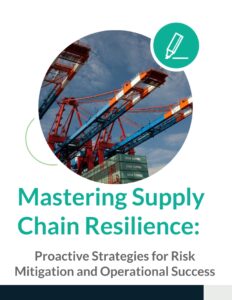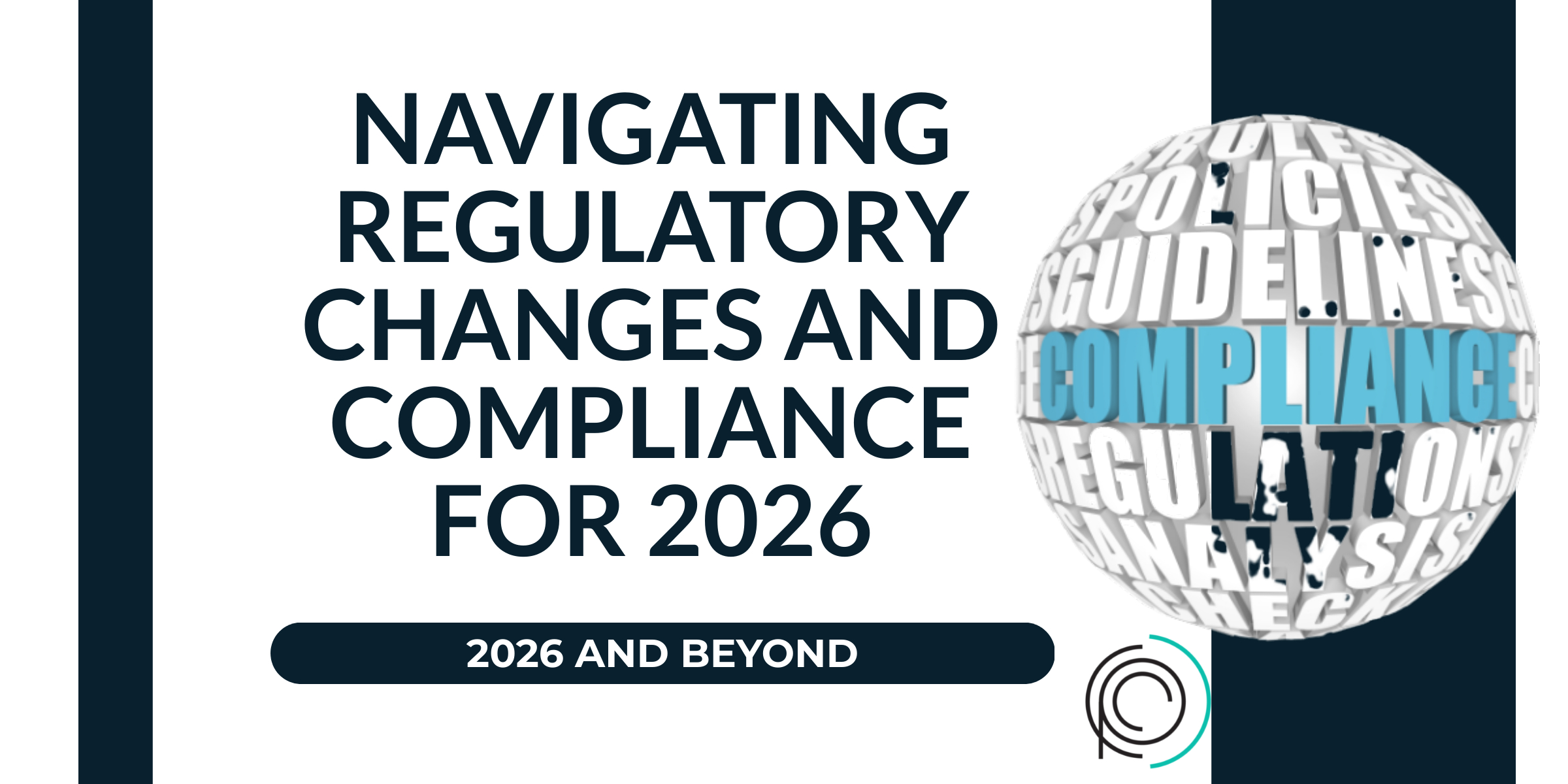Goal-Setting Reimagined: Streamlining Processes for Sustainable Success in the New Year
The process of setting and achieving goals is a never-ending journey. It’s a process of continual improvement, and it never really stops. Even when we reach our goals, we always find new ones to set and new ways to improve our process. That’s why the end of one year and the beginning of another is such a natural time to reflect on our process and look for ways to improve it.
The holidays are now over, and we are all looking at how we ended the year as well as what we really need to work on this year so we can eliminate last year’s challenges. One area that we can all focus on is process improvement. Whether it’s in our personal lives or in our professional lives, efficiency is key. By streamlining our process and eliminating wasteful steps, we can make significant progress towards our goals.
So let’s look at our process and see where we can make improvements. What worked well last year? What didn’t work so well? What can we do differently this year to be more successful? By taking the time to reflect on our process, we can make this year even better than the last.
With inflation and gas prices soaring, most business owners are doing all they can to cut costs. But doing this can be a delicate balancing act — you want to save money, but you can’t afford to stop investing in your company or halt all progress. If you’re considering working with one of the large consulting companies to finetune your processes, I’d urge you to think about how you choose such partners and present a different way of solving your problem.
Many businesses are convinced that only a large, big-name consultancy can get them the results they need. But many companies that have worked with both types of businesses find this isn’t the case. Here’s what to keep in mind when weighing the two options, along with some further tips for protecting your budget during consultancy projects.
Larger vs smaller consultancies
When comparing consultancies, there’s more to account for than their size. Every company is different, and generalizations aren’t always true — but they do tend to spring up for a reason. Broadly speaking, here are some of the core differences between larger and smaller companies.
Pricing
Given the focus of this article is on saving money, it only makes sense to start with pricing. Larger consultancies almost always charge greater fees than their smaller counterparts. They’ve often spent decades building their reputations, client bases, and testimonials, marketing and allowing them to command higher fees for what they do.
Sometimes, process improvement and efficiency gains can only be achieved by partnering with consultants who have deep experience in your industry and understand your company’s specific challenges. That’s why, when it comes to business process consulting, it’s often worth considering smaller firms that may be newer but employ only top-tier consultants. These firms are typically able to minimize overhead and deliver exceptional work to their clients. You’ll often find that larger companies hire graduates to execute the work done on your projects while taking direction from senior leaders; whereas small companies only hire senior consultants who are responsible for every point of the execution and deliverables. This difference in approach can lead to more efficient and effective process improvements for your company.
Therefore, smaller consulting companies are a good place to look when you want to stop throwing money down the drain. You want the person selling you the solution to actually know how to execute and deliver the solution.
Doing the thing weighs more than talking about doing the thing!
Quality of service
Many people equate a higher price with greater quality, but this isn’t always the case. Often, top-tier wines or makeups only charge the amount they do because of their premium branding rather than the products themselves — and the same thing can also apply to consultancies.
A more extensive portfolio doesn’t necessarily guarantee that a company can do better work today. The position of smaller consultancies means that they’re often more willing to go above and beyond to build up their portfolio, are more innovative, and can give more personal attention to clients.
Another thing to consider is that smaller consultancies with smaller teams are more likely to have a greater proportion of experts. With larger firms, the experts are more of a marketing prop that you’re unlikely to work with personally. Instead, you’re likely to end up with juniors (especially if you’re not a big-name client).
Process
When you work with a consultancy, it’s not just the end result that matters, but also the process that gets you there.
It’s well-known that larger organizations tend to have the most bureaucracy, and this can translate into less flexibility and worse customer service during a project. You may feel that you never have the chance to talk to the right person if you want to change direction, or that you’re in the dark about what’s really happening.
Working with a smaller consultancy means that you’re more likely to have a one-on-one relationship with consultants, and they’ll have more flexibility to give you greater attention.
How to protect your budget
Given the analysis above, it’s clear that switching to a smaller consultancy is often a great way to save money without sacrificing quality.
But instead of taking our word for it, why don’t you run the figures yourself and see what you’d save? Work out what you’re spending now, contact smaller consultancies, and see how the two compare when it comes to quotes.
You could also save money by doing more preparation beforehand. Get any documents a consultancy might need — including your sales metrics, company records, or other products and resources. And be clear about what your goals are.
All of this makes the job easier for consultants, resulting in a potentially lower quote for you.
Watch those numbers
Finetuning your processes and creating a more efficient organization is always going to come at a price, but if you’re working with a large consultancy, chances are that you could be spending less than you are now without sacrificing results.
At Cornerstone Paradigm Consulting, we pride ourselves on providing the perfect balance of a personalized, high-quality service with prices below larger names in the game. To find out more about what we can offer, contact us to book a free consultation.






